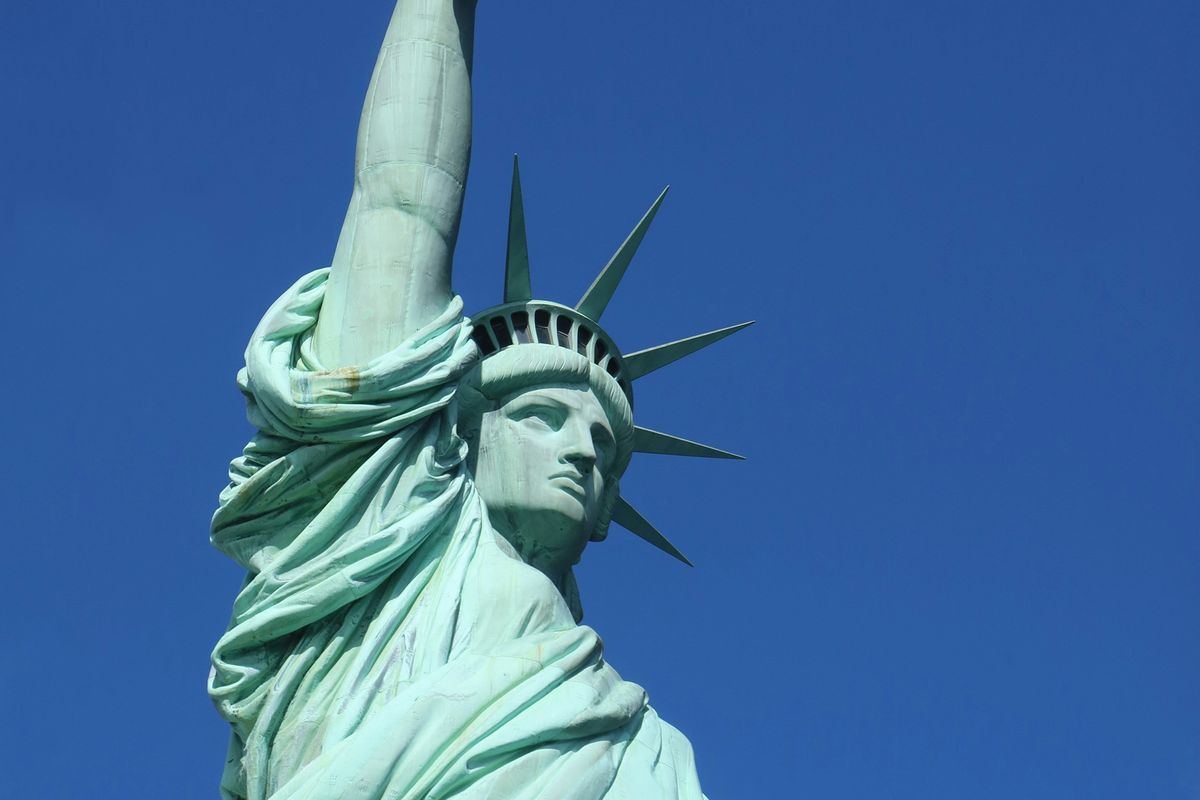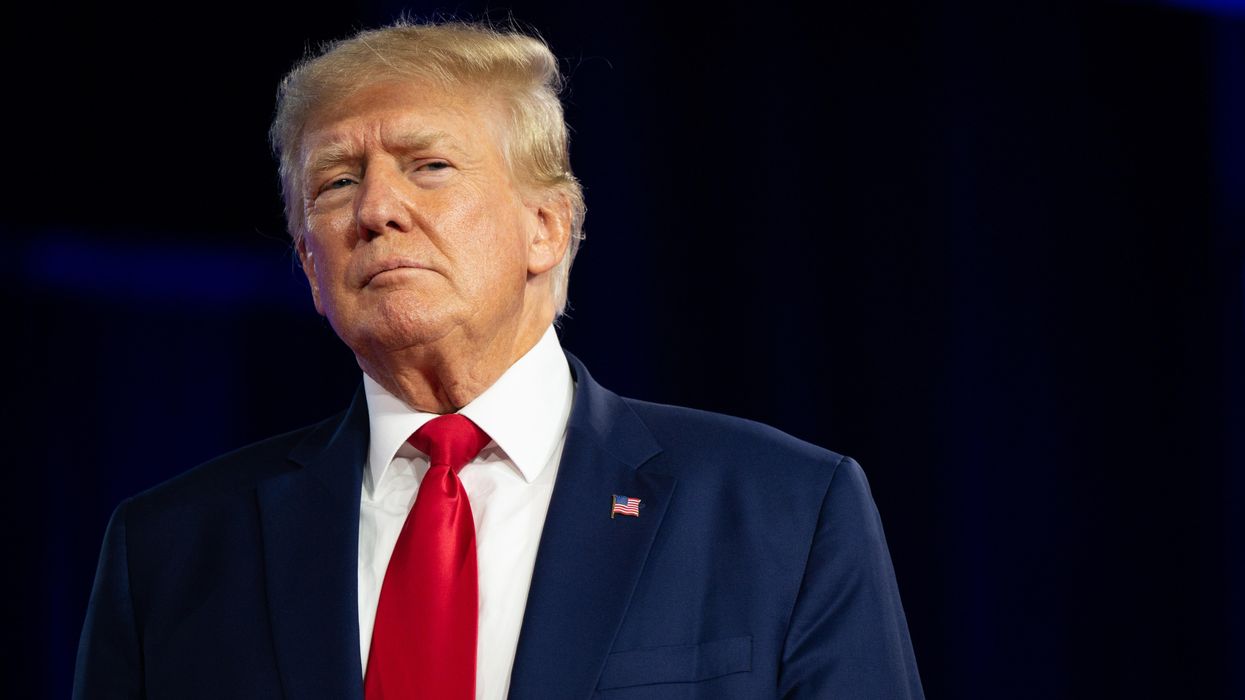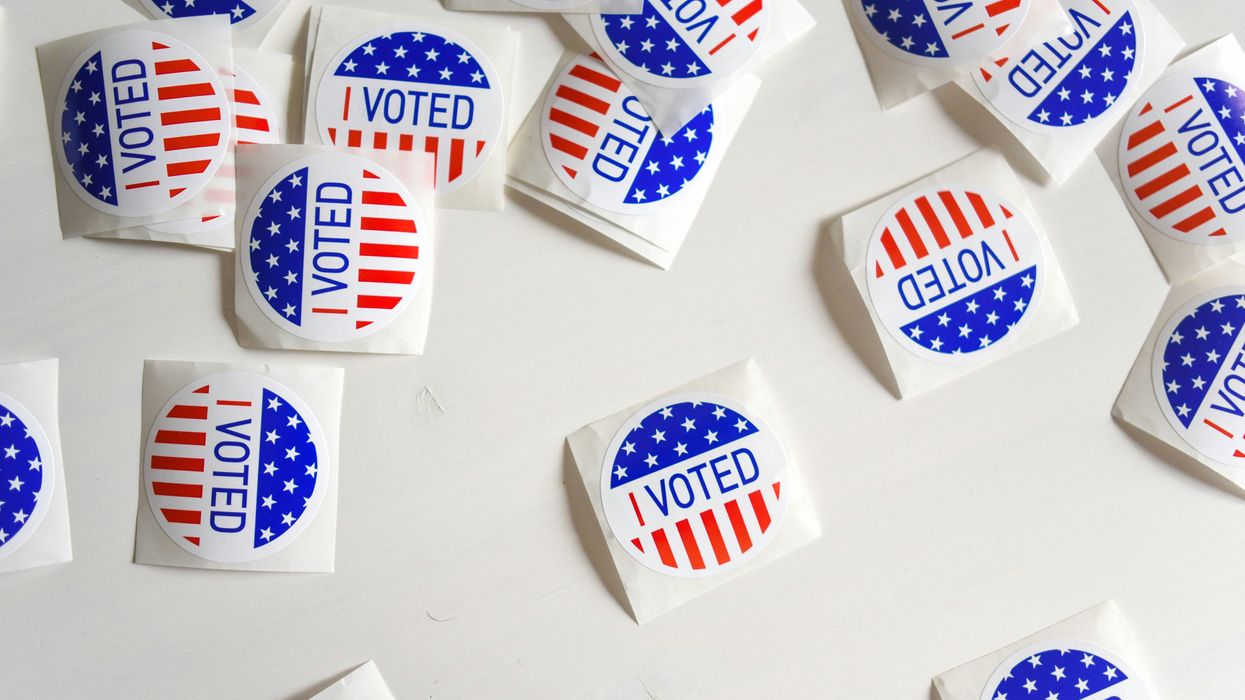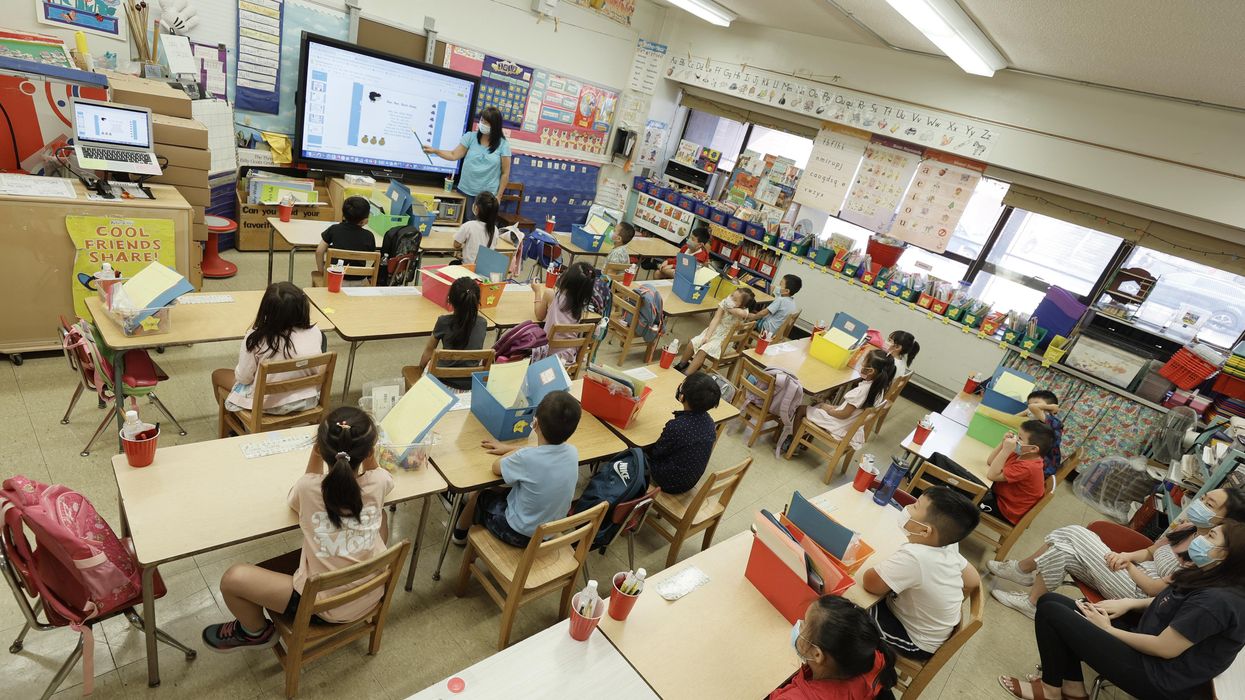In 1933, Dr. Francis Townsend penned a Letter to the Editor for the Long-Beach Press-Telegram. His radical, simple idea--to give $200 a month (now, about $4,800) to seniors, on the condition that they spend it all before their next payment--spawned one of the largest citizen movements the nation had experienced up to that point. A congressional caucus was even formed in response to the movement. Soon, states took up similar proposals, such as the “Ham and Eggs” initiative in California, which would have provided each resident over 50 with $30 per week. Though the Townsend Plan and its state equivalents failed, the Social Security Act may not have been passed nor later amended to be made stronger if it were not for this one doctor’s letter and the movement it inspired.
How best to ensure the economic resilience of Americans is again atop Congress’s agenda and at the center of the presidential election. This is unsurprising, given public concern about the state of the economy. More than a third of Americans identify economic issues as the main problem facing the country. This sizable coalition has remained consistent for more than two years, which suggests that piecemeal progress in addressing economic instability has not alleviated the public’s worries.
Forecasts of ongoing economic uncertainty suggest that the public will remain interested in any and all proposals to increase both the nation’s financial footing as well as their individual economic security. Advances in artificial intelligence (AI) and its rapid adoption across numerous professions justify continuing unease. Early signs of economic chaos brought on by AI have already appeared. Video game makers, for example, have slashed their workforces. Artists, musicians, and other content creators have warned that they’re experiencing dips in business. So far, the proposed solutions have been partial and insignificant. Some states, for instance, have passed legislation to reduce the use of digital replicas that might cut into the potential earnings of performers. Such targeted legislation, while necessary, lacks breadth and boldness.
The scale of our legislative imagination must match the significance of technological, social, and economic changes already underway. Few doubt that AI is indeed heralding a new era. Life in just a few years will likely look remarkably different. AI agents--think AI systems that can act on your behalf, proactively accomplish tasks, and pursue long-term goals--will upend many daily activities and, by extension, many jobs and companies. Rather than get caught flat-footed by these changes, we need creative ideas of how to maintain and protect our core values, norms, and institutions. The bare minimum is the sort of status quo legislation we’ve seen in various states. We can, should, and must dream bigger.
AI is already creating new classes of haves and have-nots. The divide between these two groups will increase if inaction or insignificant solutions remain the norm. Now is the time to think about novel ways to empower and support those who find themselves on the wrong side of innovation. What new institutions, supports, and opportunities will we create so that more people and more communities thrive rather than merely survive in the age of AI?
I have offered a few of my own ideas via other essays and articles. You should do the same--now is the time as DC is soon to experience a change of hands. Without people like Dr. Townsend daring to share their novel solutions, we may have never realized a better future.
Frazier is Adjunct Professor at Delaware Law and Affiliated Scholar in Emerging Technology and Constitutional Law at St. Thomas University College of Law.




















